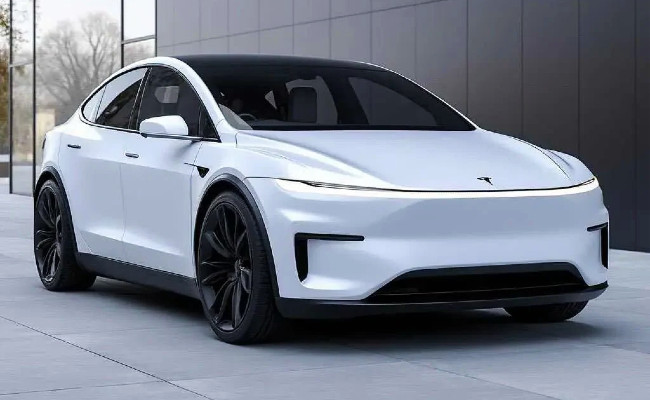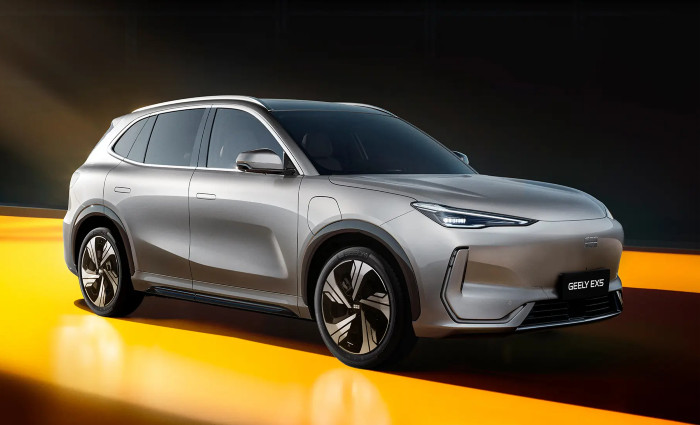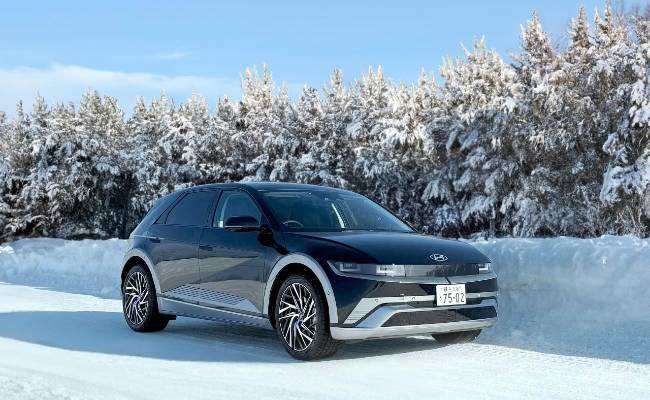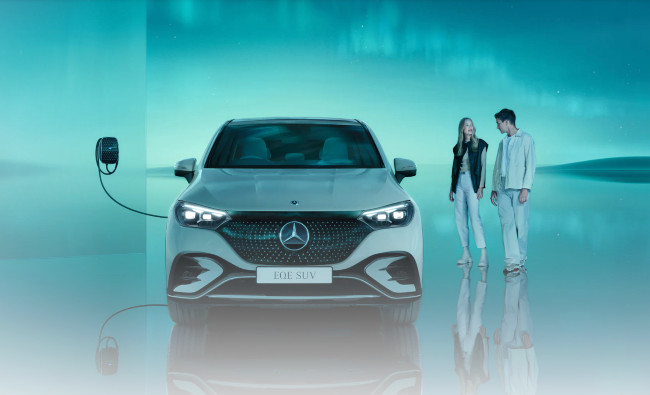EV myths busted by Auckland EV owner Jason Cole. Fires, range, charge times – he busts ’em all with actual data from years of driving EVs.
If you’ve ever heard people talking about EVs, you’ve probably heard them all. The myths. The misconceptions. The downright rubbish that gets repeated endlessly by people who don’t own one and have never even driven one.
Well, it’s time these EV myths busted once and for all. Jason Cole, an Auckland-based EV owner with years of real-world experience, has had enough of the nonsense.
After driving electric cars for several years and clocking up serious kilometres, he’s sharing the unfiltered truth about what it’s actually like to own an EV in New Zealand.
Spoiler alert: most of what you’ve heard is complete bollocks.
BTW, you can follow Jason C on Quora.com if you’d like to read some of his excellent answers to questions people ask on Quora.
Range and Charging Myths Busted

“Electric Cars Have Rubbish Range”
This one’s a classic. Jason’s response? “Anyone claiming today that electric cars have poor range is either poorly informed, ignorant, or worse, wilfully ignorant.”
The facts speak for themselves. The average electric car now has a range of around 400 km. Many, including Jason’s own Mercedes EQE SUV, manage well over 480 km on a full charge. Some can even manage around 800 km.
His petrol-powered 2017 Mazda CX-9 SUV actually had a shorter range than his current electric vehicle.
Think about your actual driving. When did you last drive 400 km in a single day? For most Kiwis, that’s nearly a week’s worth of driving.
“Charging Takes Hours and Hours”
Here’s where the critics really show their ignorance. Jason’s experience tells a different story entirely.
“It might take hours to fully charge an EV at home, but on a road trip? No one fills from empty to full, so the time spent at chargers is minutes, not hours.”
His most recent long trip required just a 12-minute charge. That single short stop extended his range from around 320 km to almost 500 km. That’s seven hours of driving with one 12-minute break.
Compare that to petrol. By the time you pull up, fill up, pay, and get back on the road, you’re looking at similar timeframes. Except with an EV, you plug in and walk away to grab a coffee or use the toilet.
Jason reckons he saves around 8 hours a year compared to mucking about at petrol stations.
Cost and Ownership EV Myths Busted

“You’ll Have to Replace the Battery Every Few Years”
This myth is so ridiculous it’s almost funny. Jason’s blunt assessment: “The battery and motor in an electric car will generally outlast the engine and transmission in an internal combustion engine car.”
The facts back him up. EVs come with 8-10 year warranties on the battery. Some are warranted for up to 960,000 km. Jason’s wife’s car battery is rated for around 1.1 million km, and his own for around 480,000 km.
Do you factor in a brand new engine for your ute at the end of its life? Of course not. Same logic applies to EVs.
“Your Power Bill Will Go Through the Roof”
Jason admits his electricity bill did increase. By a whopping $110 per month for two cars.
But here’s the kicker: he’s no longer spending $1,000 each month on petrol and maintenance. He literally paid for a holiday to Fiji with the money he’s saving.
The total running costs for his two electric cars have dropped by over 60% per kilometre. That includes everything – “fuel,” insurance, maintenance, tyres, and depreciation.
“They’re Too Expensive”
Jason’s experience? One of his EVs was $4,000 cheaper than the equivalent performance petrol car from another manufacturer. The other was $5,000 more.
But the actual cost per kilometre over the time he’ll own the vehicles? Much cheaper.
For Kiwi businesses considering their options, electric vehicles can be leased through Driveline, making the transition even more affordable by not tying up capital.
Safety and Environmental EV Myths Busted

“EVs Catch Fire All the Time”
This one’s pure fear-mongering. Per 160,000 km, EVs catch fire up to 60 times less often compared with petrol vehicles.
Think about it logically. One vehicle has a battery and an electric motor. The other carries around a tank full of explosive liquid and literally uses a series of explosions to generate power.
Which sounds more dangerous?
“Electric Cars Are Worse for the Environment”
Jason’s response is typically direct: “When you add up everything, internal combustion cars have a minimum of 2.5 times more emissions than EVs over their lifetime.”
That calculation assumes 100% of the electricity comes from coal – the absolute dirtiest scenario possible. Here in New Zealand, we’re around 88% renewable electricity, and that percentage keeps climbing.
For Jason, charging mostly at night when renewable generation is highest, his environmental impact is approaching ten times better than the petrol car his EV replaced.
Any emissions that do occur happen 110 km away in the power station, not outside your kids’ schools.
Winter and Towing Concerns Addressed

“Range Drops Massively in Winter”
Jason is quite honest about this one: “Yes, the range will drop in winter. Mine might drop from 520 km to 370 km.”
But here’s the thing – that’s still more than four times his average daily driving. Instead of plugging in every four or five days, he plugs in every three or four days.
Hardly a crisis.
“You Can’t Tow Anything”
If you’re towing three horse floats 1,600 km through minus-20 temperatures twice a week, then no, an EV probably isn’t for you yet.
For everyone else?
Modern EVs can handle most towing needs just fine. The key is choosing the right vehicle for your specific requirements – something we at Driveline can help you work out.
The Real Reason People Get Defensive
Here’s Jason’s final observation, and it’s a cracker: “If you’re ‘always’ finding EV owners being defensive, argumentative and combative, perhaps you should have a look in the mirror.”
Most real-world conversations about EVs are genuinely curious exchanges. People are amazed by the performance, the quiet operation, the low running costs, and the convenience.
The problems start when people with zero EV experience rock up with preconceived notions, determined to prove their point rather than learn something new.
The Bottom Line
Jason didn’t buy his electric car to be an eco-warrior. He bought it for the quiet operation, the convenience, the outstanding performance, the technology, and the massively lower running costs.
The environmental benefits? That’s just a bonus.
After years of real-world experience and serious km on the clock, his verdict is clear: most EV criticism comes from people who’ve never actually lived with one.
For Kiwi business owners considering their vehicle options, the myths have well and truly been busted. The question isn’t whether EVs work – it’s whether you’re ready to stop listening to the critics and start looking at the facts.
Ready to explore electric vehicle options for your business? Driveline can help you navigate the transition with flexible leasing solutions tailored to New Zealand conditions.

